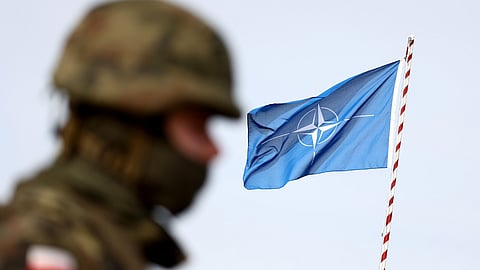Europe’s defence dilemma: Bridging the innovation gap in a changing world – Lionel Laurent
In the face of geopolitical uncertainty and evolving warfare tactics, Europe finds itself at a crossroads. With Putin's continued reign in Russia and Trump's potential return in the US, the need for defence investment is dire. While military spending is on the uptick, Europe grapples with innovation gaps, exemplified by Greek startup Lambda Automata. As the nature of conflict shifts towards technology-driven asymmetry, Europe must embrace innovation to bridge the gap or risk being left behind in an ever-changing world.
Sign up for your early morning brew of the BizNews Insider to keep you up to speed with the content that matters. The newsletter will land in your inbox at 5:30am weekdays. Register here.
By Lionel Laurent
With Vladimir Putin set for a fifth term as Russian president and Donald Trump possibly on track for a second win in the US, Europe needs a mindset shift in a dangerous world after 25 years of underinvesting in defense. Military spending is set to rise by $33 billion this year as the primarily soft-power region makes up for lost time: Tourist hotspot Greece, no stranger to geopolitical tension or budget cutbacks, hiked defense spend to almost 4% of gross domestic product in 2022.
___STEADY_PAYWALL___

